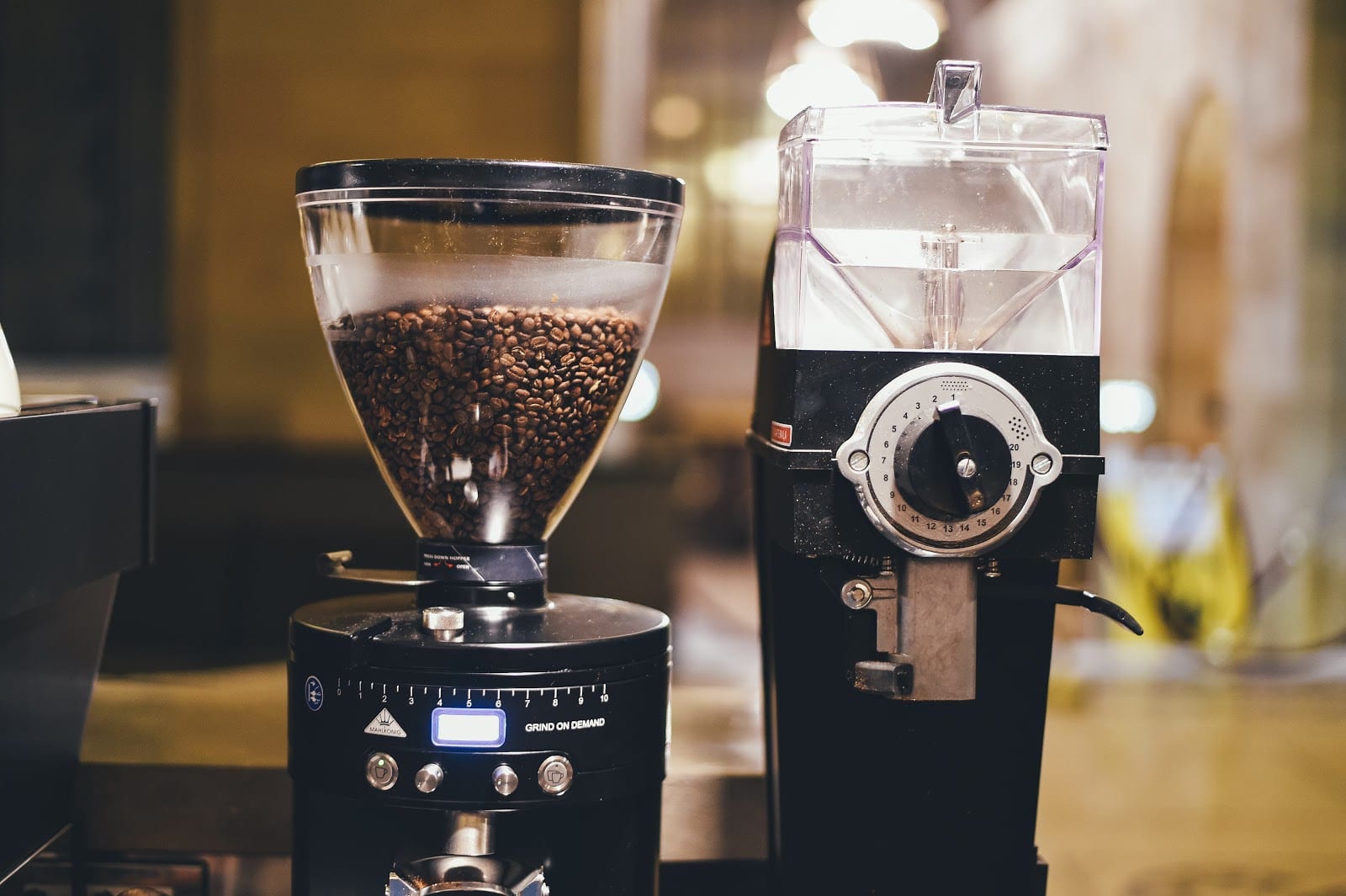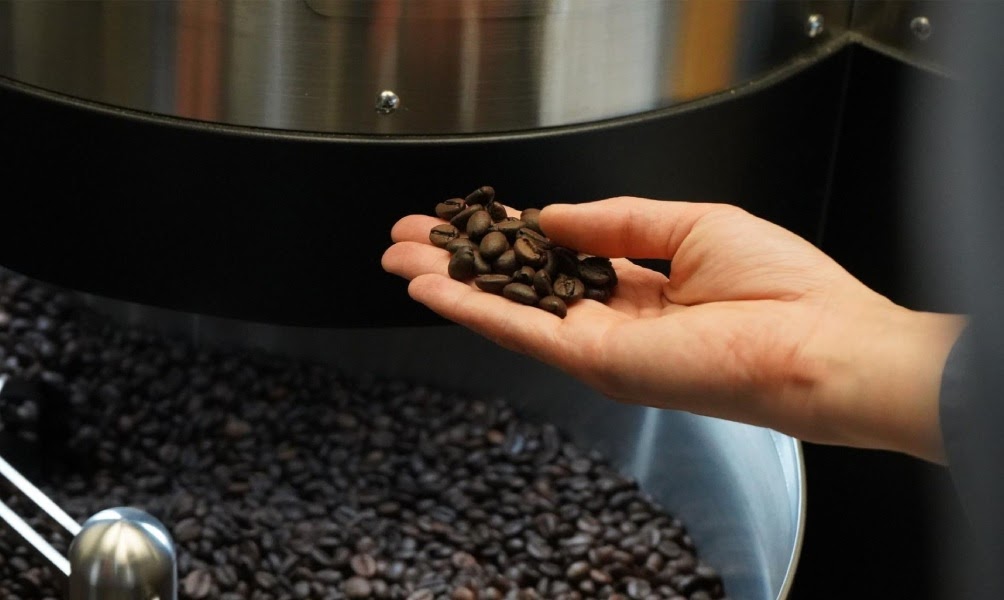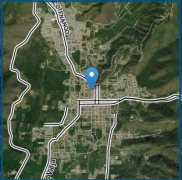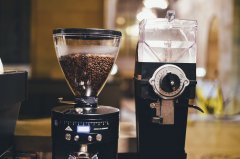Why has coffee automation become so common? The influence of artificial Intelligence on Coffee automatic setting
How does automation shape the coffee industry?
The third wave of coffee culture has become synonymous with coffee-making craftsmanship-phrases such as home-baking are often used to promote coffee itself and coffee drinks. As a result, some people may think that the increase in automation in the coffee industry is not consistent with the "art" of making coffee-whether in production, processing, baking or brewing. For many enterprises, automation is inevitable. Today's consumers demand efficiency and consistency in a variety of industries, including the food they eat and the coffee they drink. But which processes in the coffee industry are automated? What will happen to producers, bean bakers, baristas and consumers?
Why has coffee automation become so common?
In 2019, UCC Coffee conducted a survey of outdoor coffee consumers in the UK and asked them what they expected of coffee shops. 8/10 of respondents told them that consistency was the most important factor when visiting cafes.
Over the years, consistency has become more and more important in the entire coffee supply chain, from production, baking to brewing.
David Walsh is the head of research and development at Marco Beverage Systems, which designs, manufactures and sells automatic coffee brewing and water supply systems.
"pouring coffee manually is an implicit (and sometimes explicit) commitment," he said. "it usually promises quality, but when human error and consistency come into play, the results are sometimes disappointing.
"in most areas of cooking, you can create a recipe, perfect it, perfect it; after that, you want to copy it. To some extent, automation can solve this problem. "
For example, when customers can pay about $3 for a cup of coffee, consistent quality is the key to consumer satisfaction.
Matthew Jones is the founder of Robo Esso, a contactless automated coffee shop in Colorado that "employs" robot baristas.
"repetitive and consistent tasks are mature for automation," he said. "combine [that] with the popularity of coffee and you will get to where we are now."
But automation is not just growing in the cafe market. At the other end of the supply chain, coffee producers have begun to fully adopt automation. We can see this in mechanized harvests in places such as Brazil and Vietnam, but it is much more than that.
Felipe Ayerbe is the CEO and founder of Demetria, an agricultural technology startup that created the world's first artificial intelligence-driven quality analysis system for raw coffee.
"of the 12.5 million small farmers who produce 60 per cent of the world's coffee beans, the vast majority cannot make cup tests," Felipe said. "this means that they are often unable to determine or manage the quality of crops, and many people are unable to live a reliable life.
"quality is determined only later in the process when beans pass through a broad and complex supply chain of traders, processors and exporters. As a result, the average farmer earns only 2.5% ($0.07) for a cup of coffee that retails for $2.80. "
With systems like Demetria, producers can use automation to learn more about the quality of their crops, which in turn can help them raise the price of beans.

Cafes, roasters and automation
In the past few years, there has been no shortage of automation in the coffee shop market. In most cases, this is part of improving consistency and minimizing the time baristas spend on manual tasks.
However, it can also improve other aspects of baristas' work, such as reducing continuous exercise that can lead to repetitive strain (RSI).
Automatic crushers and steam rods (such as PuqPress and bermilk, respectively) not only eliminate repetitive actions involved in mashing and steaming milk. They also improve the consistency of espresso extraction and milk texture. This is especially useful for novice or inexperienced baristas.
In addition, for more experienced baristas, automation can provide more time for customer interaction, which is a key part of the coffee shop experience while still helping to provide delicious coffee.
David told me that this has always been the driving force behind two Marco products: the SP9 precision coffee maker and the Ottomatic Ⓡ filter coffee maker.
"SP9 allows baristas to focus on making the right recipes and making coffee," David said. "they can interact with customers or perform other tasks instead of pouring them by hand."
Pouring a single order on a beer machine requires the least attention. The barista opened the SP9, stirred it during full bloom, and received a notification after the extraction was completed. This gives them more time to focus on other tasks, which is especially useful during busy rush hours.
"I've been to a lot of coffee shops and they don't pour wine for customers during rush hours," David said. "I think with SP9, they can."
However, convenience and consistency are not only suitable for baristas; household consumers can also benefit.
"Marco sees a lot of self-filtering coffee machines in the domestic market trying to be consistent," David said. "this is usually a case of low flow rate or poor design of the sprinkler.

Ottomatic Ⓡ tries to solve or even filter the wetting and turbulence problems in the coffee bed. The automatic coffee machine, designed in collaboration with CHEMEX Ⓡ, allows home and office consumers to preset their brewing variables to produce high-quality coffee with minimal interaction.
For bakers, there is a similar focus on consistency. This usually occurs in the form of improved consistency between batches through replication and automation.
But in addition to batch consistency, bakers are also using artificial intelligence and machine learning. They can help them experiment and determine the perfect baking curve.
For example, in March 2021, software developer Cropster announced that artificial intelligence-driven first crack prediction would enter their platform. This feature enables the baker to better understand the development of the profile to take full advantage of each batch of products.
Important Notice :
前街咖啡 FrontStreet Coffee has moved to new addredd:
FrontStreet Coffee Address: 315,Donghua East Road,GuangZhou
Tel:020 38364473
- Prev

Introduction to the flavor of Guatemala Antigua coffee beans at auction on July 27 at Starbucks
Guatemala, real Central American coffee beans. Beans grown in Guatemala tend to have rich flavors of chocolate, cocoa and toffee, especially Strictly Hard Bean raw coffee grown in the Atitlan and Antigua coffee-growing areas of the central highlands of the country, showing these qualities and floral acidity, which is usually smoky or chocolate-floral. July 27th
- Next

Besides flat knife and conical knife, what are the characteristics and advantages of ghost tooth cutter head of coffee grinder?
People who start drinking coffee beans are bound to come into contact with ground beans. Bean grinder is very important! Bean grinder is very important! Bean grinder is very important! Under the premise of limited expectations, buying a good bean grinder first will have an immediate effect on improving coffee products, which is more effective than throwing fantasy-grade cups or handcups. Usually, consumers can check out after selling beans.
Related
- Detailed explanation of Jadeite planting Land in Panamanian Jadeite Manor introduction to the grading system of Jadeite competitive bidding, Red bid, Green bid and Rose Summer
- Story of Coffee planting in Brenka region of Costa Rica Stonehenge Manor anaerobic heavy honey treatment of flavor mouth
- What's on the barrel of Blue Mountain Coffee beans?
- Can American coffee also pull flowers? How to use hot American style to pull out a good-looking pattern?
- Can you make a cold extract with coffee beans? What is the right proportion for cold-extracted coffee formula?
- Indonesian PWN Gold Mandrine Coffee Origin Features Flavor How to Chong? Mandolin coffee is American.
- A brief introduction to the flavor characteristics of Brazilian yellow bourbon coffee beans
- What is the effect of different water quality on the flavor of cold-extracted coffee? What kind of water is best for brewing coffee?
- Why do you think of Rose Summer whenever you mention Panamanian coffee?
- Introduction to the characteristics of authentic blue mountain coffee bean producing areas? What is the CIB Coffee Authority in Jamaica?

